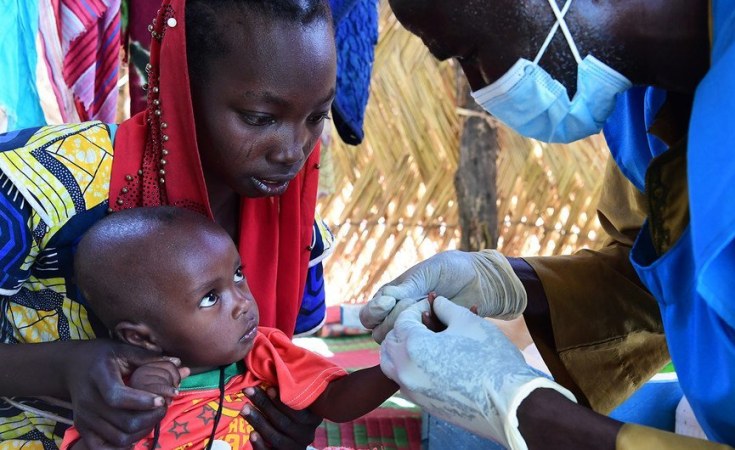Harare — The World Health Organization (WHO) has recommended a new, inexpensive malaria vaccine to prevent malaria in children that can be produced on a massive scale.
The new vaccine, R21/Matrix-M, created by the Jenner Institute at the University of Oxford in the United Kingdom, is expected to be made available in mid-2024, Dr Tedros Adhanom Ghebreyesus, the WHO director-general, announced on Monday October 2.
Read More: Pan-African Technology Group Partners with Atlas AI to drive African Digital Transformation
In its announcement of the news, Oxford, which developed the vaccine with the Serum Institute of India, said the institute already has the capacity to produce 100 million doses a year and can boost this to 200 million doses annually over the next two years.
Tedros said doses will cost between U.S. $2 and U.S. $4 each. In his remarks at the announcement, he added: “As a malaria researcher, I used to dream of the day we would have a safe and effective vaccine against malaria. Now we have two.”
WHO recommended use of the first malaria vaccine, named RTS,S/AS01, in 2021 but demand has far exceeded its availability. One of the worst scourges on humanity, malaria kills primarily children and infants. Tedros said that in 2021 there were an estimated 247 million cases, with 619,000 deaths.
WHO noted that malaria “places a particularly high burden on children in… Africa…. where nearly half a million children die from the disease each year.” Nineteen in every 20 cases and deaths are in Africa, Tedros pointed out, and most deaths are of children under five.
Reacting to the announcement, the Roll Back Malaria (RBM) Partnership noted that the new vaccine will protect children from the most common and deadly form of malaria, Plasmodium falciparum.
Read More: The African Renaissance –A Stage for Creativity and Technology
WHO said clinical trials and other studies had shown that “in areas with highly seasonal malaria transmission (where malaria transmission is largely limited to four or five months per year), the R21 vaccine was shown to reduce symptomatic cases of malaria by 75 percent during the 12 months following a three-dose series. A fourth dose given a year after the third maintained efficacy. This high efficacy is similar to the efficacy demonstrated when RTS,S is given seasonally.”
At least 28 countries in Africa plan to introduce the malaria vaccine as part of their national immunization programmes, WHO says. The RTS,S vaccine will be rolled out in some African countries in early 2024, and the R21 vaccine is expected to become available in the middle of 2024.
